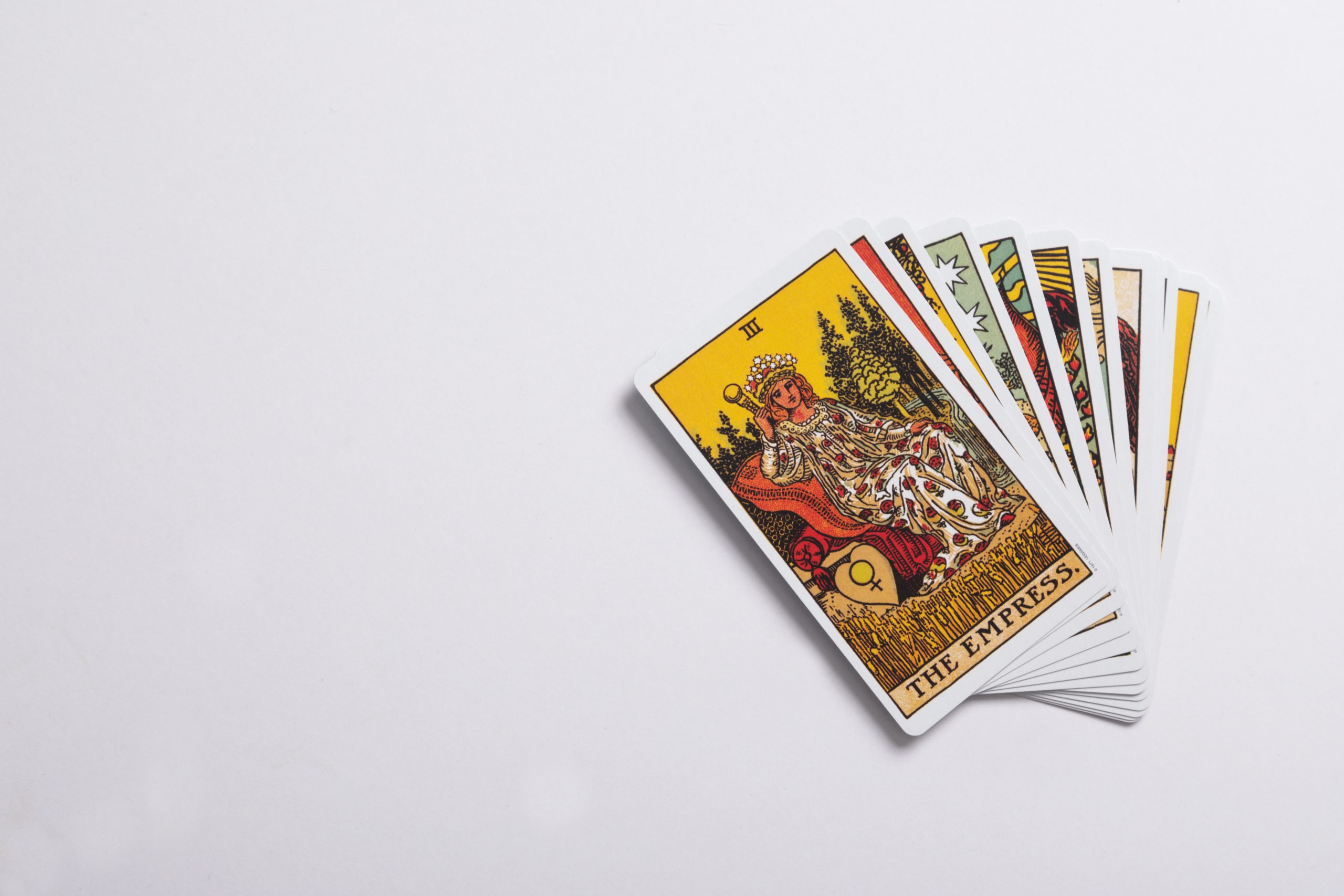How Does the Moon Affect Women’s Menstrual Cycle?
For centuries, people have been fascinated by the moon’s influence on our planet. From the tides to folklore, the moon has played a significant role in human culture. But did you know that some believe the moon can also affect women’s menstrual cycles? In this blog post, we will explore the connection between the moon and menstruation, the scientific evidence behind it, and whether there is any truth to this age-old belief.
The Lunar Connection
Menstruation, the monthly shedding of the uterine lining, is a complex biological process influenced by various factors such as hormones, age, and overall health. However, some people argue that the moon might also have a role to play in this natural phenomenon.
According to this theory, women’s menstrual cycles are connected to the lunar cycle, which lasts about 29.5 days. Just as the moon goes through phases—new moon, waxing crescent, first quarter, waxing gibbous, full moon, waning gibbous, third quarter, and waning crescent—some believe that women’s cycles also follow a similar pattern.
Anecdotal Evidence and Folklore
Throughout history, many cultures have associated the moon with menstrual cycles, often attributing mystical or spiritual powers to the lunar influence. Women shared stories, passed down from generation to generation, about their menstrual cycles aligning with the moon’s phases.
While anecdotal evidence and folklore are fascinating, they are not scientific proof. It is important to approach this topic with a critical mindset and examine the available scientific research.
Scientific Studies
Scientific studies exploring the connection between the moon and menstrual cycles have produced mixed results. Some studies have suggested a correlation, while others have found no significant link.
A study published in the journal “Acta Obstetricia et Gynecologica Scandinavica” in 2006 analyzed the menstrual cycles of 826 women in the United States and Puerto Rico. The researchers found that the participants’ menstrual cycles did not synchronize with the lunar cycle, debunking the notion of a direct connection.
However, another study published in the journal “Chronobiologia” in 2013 examined the menstrual data of 74 women in Zurich, Switzerland. The researchers found a slight but statistically significant correlation between the lunar cycle and menstrual cycle length.
It is important to note that these studies are limited and have not been able to provide conclusive evidence. More research is needed to understand the potential link between the moon and women’s menstrual cycles.
Possible Explanations
If there is indeed a connection between the moon and menstrual cycles, how could it be explained? Several theories have been proposed:
- Light Exposure: Some scientists suggest that the exposure to moonlight during sleep may influence hormone production, thereby affecting menstrual cycles. However, this theory remains speculative and requires further investigation.
- Evolutionary Adaptation: It has been suggested that women’s menstrual cycles could have evolved to align with the moon’s cycles due to the benefit of synchronized menstruation among a group of women. This possible link is purely hypothetical and lacks scientific evidence.
- Confirmation Bias: The belief in the moon’s influence on menstrual cycles is deeply rooted in folklore and culture. It is possible that any perceived connections are a result of confirmation bias, where people selectively remember and attribute significance to instances that fit their preconceived beliefs.
The Menstrual Cycle: A Dynamic Process
Regardless of any potential lunar connection, it is crucial to understand that every woman’s menstrual cycle is unique and influenced by a variety of factors, including genetics, hormonal balance, stress, and overall health.
Factors such as age and hormonal changes during the menstrual cycle itself can lead to variations in cycle length, making it challenging to isolate the influence of external factors like the moon.
Conclusion
While the idea of the moon influencing women’s menstrual cycles is intriguing, the scientific evidence remains inconclusive. The limited studies conducted so far have provided mixed results, and more research is needed to understand any potential connection.
It is important to approach this topic with an open mind, recognizing that human perception and cultural beliefs often shape our interpretations of natural phenomena. The menstrual cycle is a complex biological process that is primarily regulated by hormones and individual factors.
So, for now, the influence of the moon on women’s menstrual cycles remains a fascinating topic without a definitive answer.
Disclaimer: This blog post is for informational purposes only and should not be taken as medical advice. If you have any concerns or questions about your menstrual cycle, it is recommended to consult with a qualified healthcare professional.
Table of Contents
